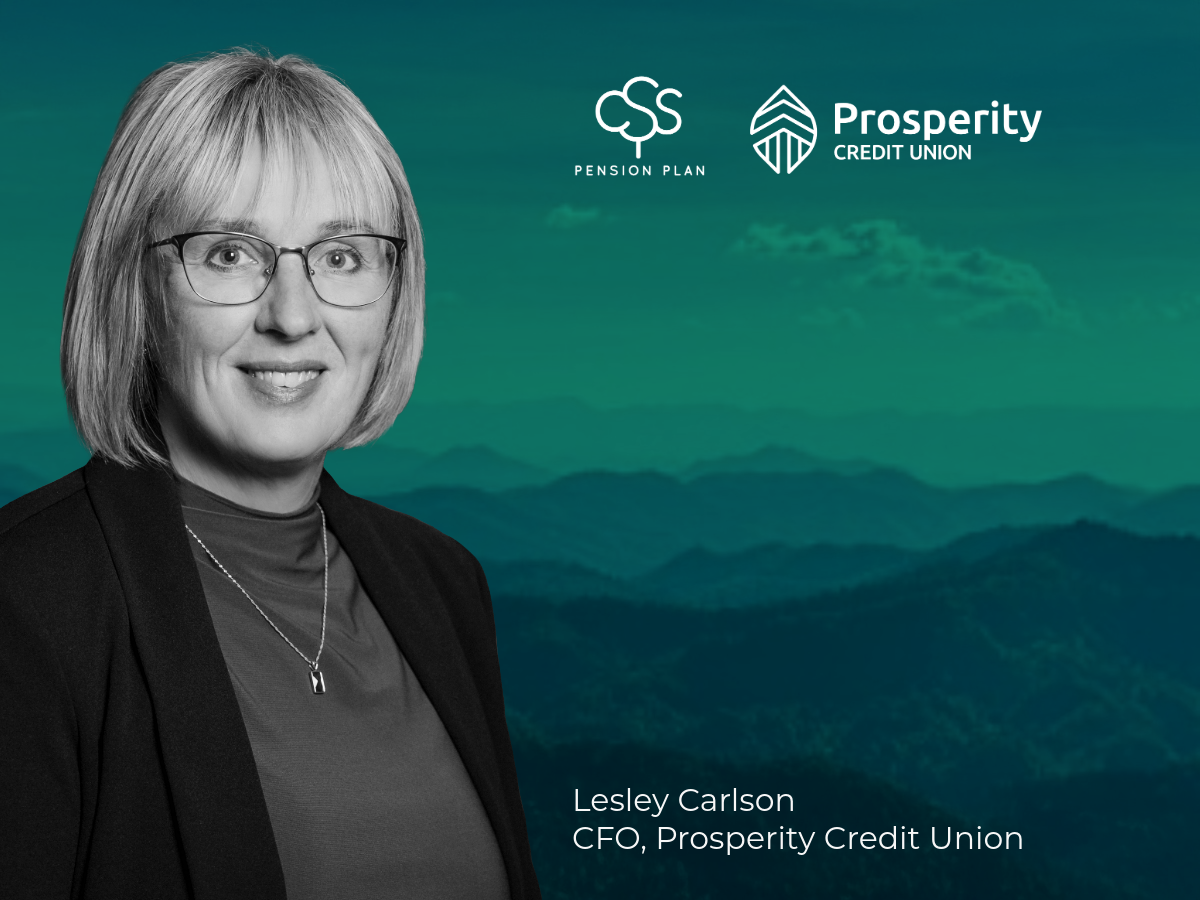

In November of 2021, we kicked off a new five-part article series exploring common human behaviours that can significantly undermine our ability to build wealth. In November we looked at overconfidence, and today we’ll look at the fear of missing out, or FOMO, for short.
Benjamin Graham, the famed investor, once said “…investing isn’t about beating others at their game. It’s about controlling yourself at your own game.”
Mr. Graham was remarkably insightful on matters of human psychology as it relates to investment decisions. His insight above is very relevant to a discussion about FOMO. When we allow our emotions to get the better of us, and dictate our investment decisions, we can be our own worst enemy.
What is FOMO? FOMO describes investor behaviour where the individual chases investments that appear to be doing well, for fear of missing out on making money. Other 4-letter acronyms that have emerged related to FOMO are FOLE (fear of losing everything) and FOLO (fear of losing out). These concepts describe the greed and fear of loss tug-of-war that can take place in our minds as we contemplate our investments. If we’re not careful, this can lead to “buying high, and selling low” – a recipe for disaster when trying to build wealth.
When we allow our emotions to get the better of us, and dictate our investment decisions, we can be our own worst enemy.

Those of us old enough to have been investing in the late 1990s will remember the .com craze. FOMO was on full display then as many market participants purchased any stock related to .com, no matter the price and no matter the health of the company, to ensure they didn’t miss out on what seemed like an inevitable and never-ending increase in share prices. When the bubble burst, investor sentiment quickly shifted from FOMO to FOLE.
In more recent times, after the 2008 financial crisis and during the early days of the pandemic in March of 2020, many investors pulled their money out of the stock market in reaction to the overall market sell-offs, only to miss out on recouping their losses in what became very swift and dramatic market recoveries. They sold low, and subsequently bought high (if they got back into the markets at all). The graph above demonstrates how quickly the markets can recover.
A possible FOMO phenomenon that may be playing out today is the mania around cryptocurrency. Crypto, although it’s been around for many years now, is still an emerging area of investing that is not yet established or mainstream. We see very dramatic daily volatility in the prices of the various crypto currencies available in the marketplace, which is very likely highlighting speculative decision-making taking place by market participants.
Of course, we’ve all heard the stories of individuals making dramatic amounts of money by “investing” in crypto and that naturally leads us to fear that if we don’t get into crypto we’re going to miss out on a potential opportunity of a lifetime. Perhaps.
So, what do we do to avoid the perils of the FOMO / FOLE pendulum? Ben Graham has some further advice for us to consider: “The best way to measure your investing success is not by whether you’re beating the market but by whether you’ve put in place a financial plan and a behavioral discipline that are likely to get you where you want to go.”
Here are some ideas, based on CSS’ own approach to investing, to help you build and maintain a sustainable investment plan that will help you fight our natural FOMO / FOLE urges:
-
Have a plan and stick to it. Your approach to investing should be consistent with your long-term goals and your own personal risk tolerance.
-
Diversify your investments to mitigate against downside risk and to position your portfolio to achieve good risk-adjusted returns.
-
Pay attention to fees. The long-term reverse-compounding effect of high fees and the transaction costs of high-frequency trading chasing the next best thing can significantly erode your retirement nest egg.
Reduce your time absorbing market noise and “news”. Slow and steady, predictable wealth building does not make news, but it will make you wealthy.
Article from the Spring/Summer 2022 issue of TimeWise.







.png)








































